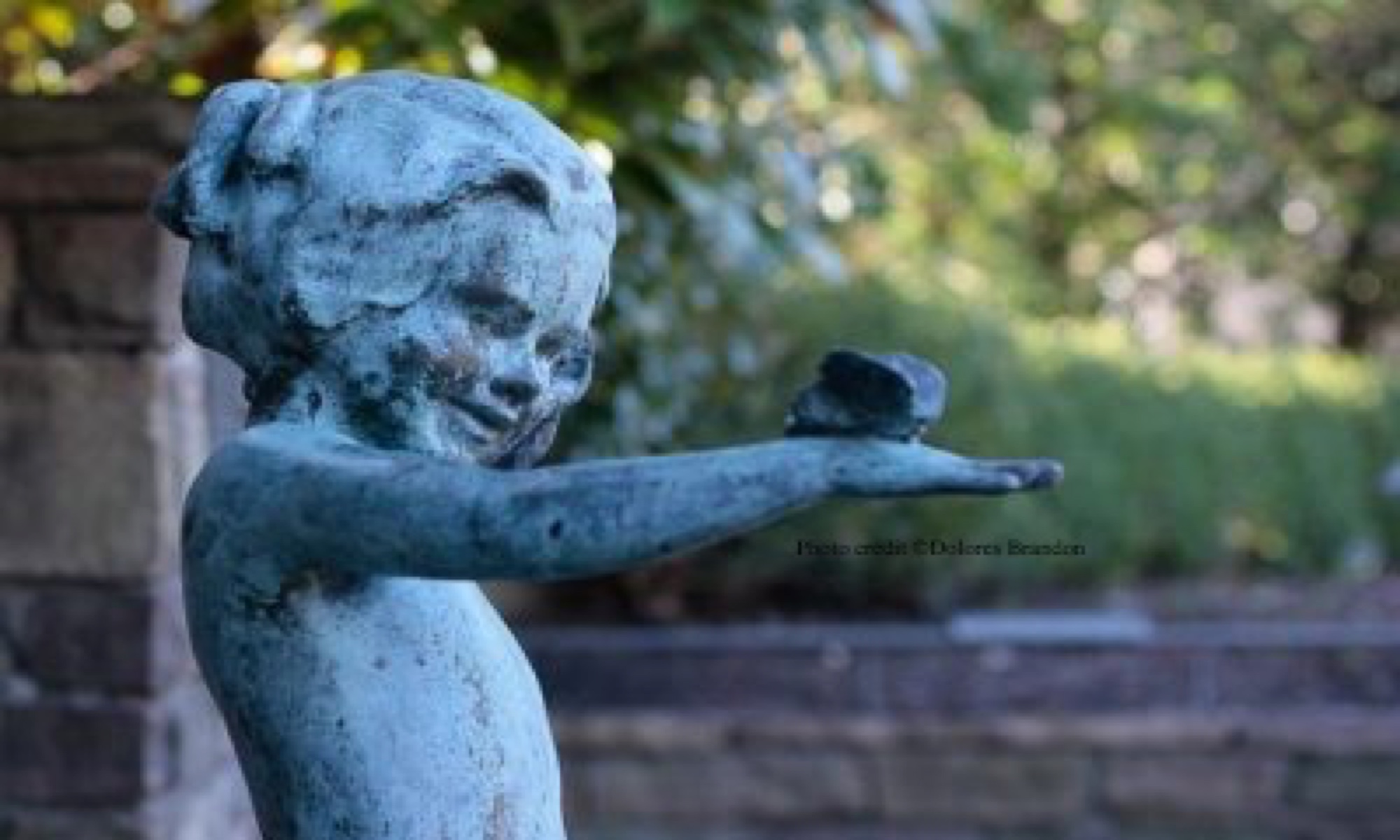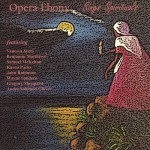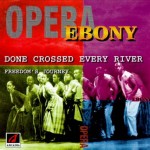Wayne Sanders on Valerie Capers 1991
IN HIS OWN WORDS – About Valerie Capers
Wayne Sanders, in his capacity as Music Director for Opera Ebony, was the first to stage Sojourner Truth – Valerie Capers’ oratorio – as a fully realized opera. In our interview, (conducted November 1991), Sanders describes the excitement Capers work consistently elicits from audiences as well as the singers who perform it.
DOLORES BRANDON: If you would please, talk about performing Valerie Capers’ oratorio SOJOURNER TRUTH: what do you enjoy about doing her work?
WAYNE SANDERS: The Opera Ebony company just returned from a nine city tour in Switzerland; although I used only a short section from Sojourner, it was so powerful. Everywhere it was the same response: people kept coming backstage, asking who is Valerie Capers, tell me more about her. And the impresarios that were presenting the concert all asked to hear more of her music.
We performed the reflection section in which Sojourner Truth, the character, is talking about all this confusion about freedom; she’s asking the question, what is it? There’s humming and an improvisation that happens and in one city, during that section, somebody in the audience literally yelled. This [reaction] in a country where [the accepted wisdom says] people here are not very emotional! At the end of the piece, they literally screamed. The joy in Capers’ music reaches out; people seem to be able to feel what she’s talking about, what she’s trying to say.
As performers, her music gives us something to work with; it really taps the emotions and allows us to be spontaneous with our own feelings. Each evening that you do the work something different happens with the emotions. That lets me know that the music is very, very special. Her music allows you to make your own statement. Her music and her words really touch the human spirit: there’s a truth in the way she goes about her composing that comes from a very deep inner vision, and has an uncanny sense to it.
She studied classically at Juilliard and many other places, and that’s allowed her to express herself [equally well] in the jazz idiom; she’s free to create her own style and, in a sense, her own music. She doesn’t let the traditions, which are important to her, box her in. She dares to forge her own way.
BRANDON: Is her work difficult to stage/perform?
SANDERS: Her work is difficult to perform in the sense that first of all you have to be a musician: you have to love rhythm, you have to love dealing with the structure, and then taking the structure and making it live. She gives you the blueprint; it’s not haphazard. The amazing thing is it comes out sounding improvised and free because she gives it that elasticity in her writing, in the approach to her music. I think that’s a sign of a composer who has a strong structure and strong base upon which she’s composed. There’s a wonderful freedom there. The difficulty only would be if we as performers fight that inner thing, fight that inner rhythm, fight the joy in her use of rhythms. Sometimes, as opera singers we can get boxed into a corner which has nothing to do with anything. That’s what’s great about the music: it can be sung by many types of singers. We found it just took a little while for some of the operatically trained singers to find that joy in the rhythm, to trust themselves. Once they did, the music just took off.
BRANDON: Is there an anecdote that you could recount, something you remember her doing or saying that really captures the spirit of her as a person and musician/composer.
SANDERS: There are so many special things about Valerie. When we first decided to stage Sojourner Truth [as an opera] – it had never really been staged as such: it had been done strictly as an oratorio. I wondered how to approach her because I know that a composition to a composer is like a child to a parent, you don’t change their child. When I approached her [describing my plan] she got silent at first, and I thought ‘oh, no, she’s not going to let us do this’ But she thought about it, it was like I saw this release in her. In [the moment] she decided that she was going to allow her work to continue to grow. I remember that because not all composer’s will do that. [That] let me know then, this is a very unselfish woman; a woman who wants her music to go out there into the public. I remember the [nervous] anticipation that I had watching her and then feeling relieved that she released it with such joy; that to me just sums up Valerie. She’s a giving and very generous person and that shows in her music.


